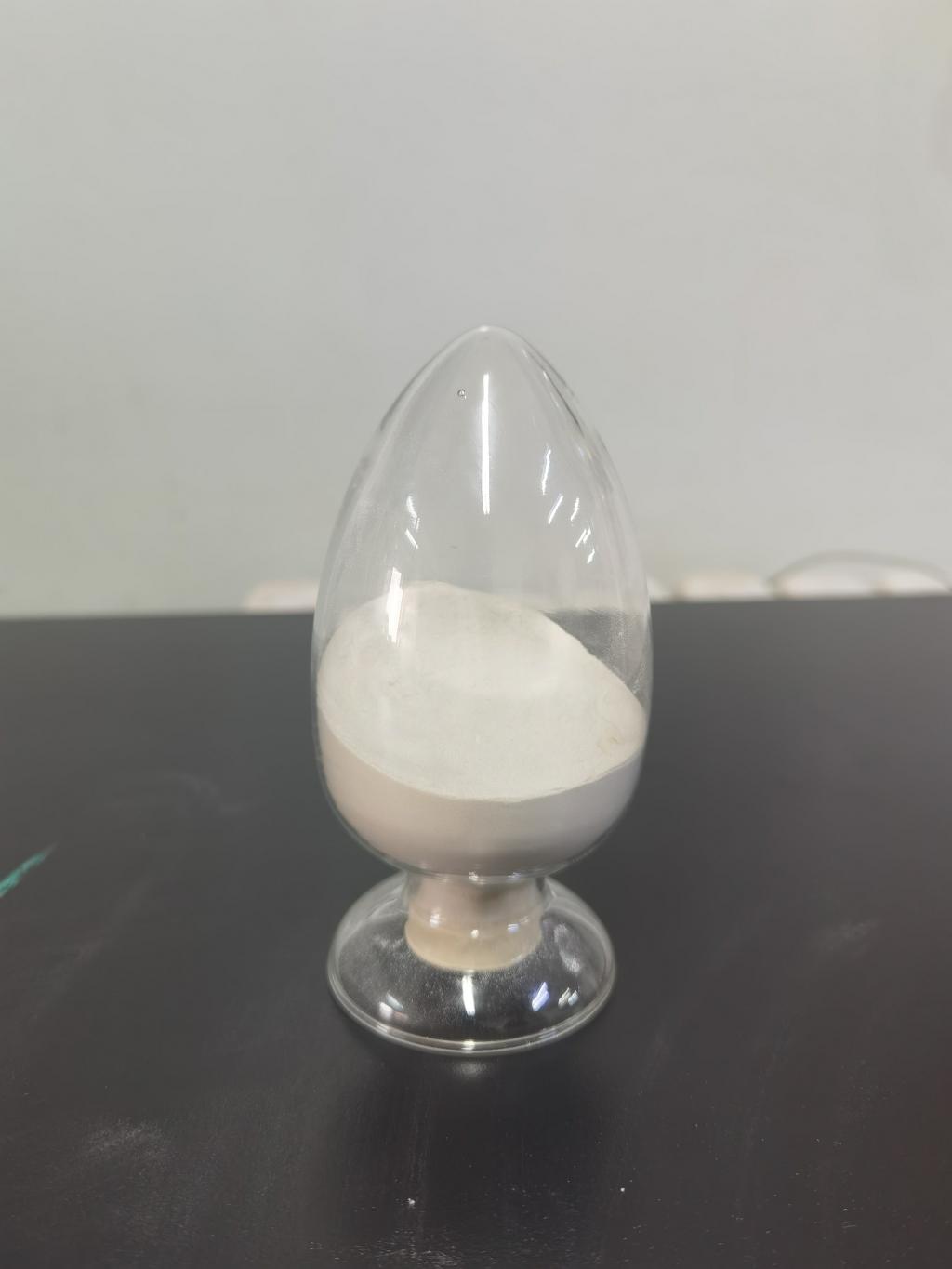Tel:+8618231198596

News
 CONTACT
CONTACT
 CONTACT
CONTACT
- Linkman:Linda Yao
- Tel: +8618231198596
- Email:linda.yao@dcpharma.cn
- Linkman:CHARLES.WANG
- Department:Overseas
- Tel: 0086 0311-85537378 0086 0311-85539701
News
Current Position:
Home >
News
>Nisin's contribution to food safety extends to diverse culinary traditions.
Nisin's contribution to food safety extends to diverse culinary traditions.
TIME:2024-04-09
Understanding Nisin:
Nisin is a naturally occurring antimicrobial peptide produced by certain strains of the bacteria Lactococcus lactis. Discovered in the early 20th century, Nisin gained recognition for its ability to inhibit the growth of a wide range of harmful bacteria, including some strains of Clostridium botulinum, Listeria monocytogenes, and Staphylococcus aureus. Its effectiveness, coupled with its natural origin, has made it a popular choice for food preservation and safety enhancement.
Nisin's Mechanism of Action:
Nisin works by disrupting the cell membranes of target bacteria, leading to their lysis and eventual death. This mode of action makes it particularly effective against gram-positive bacteria, which are prevalent in many foodborne illnesses. Unlike synthetic preservatives, Nisin is generally recognized as safe (GRAS) by regulatory authorities such as the U.S. Food and Drug Administration (FDA) and the European Food Safety Authority (EFSA), further enhancing its appeal in the food industry.
Application in Culinary Traditions:
Western Cuisine:
In Western culinary traditions, Nisin finds widespread use in preserving dairy products such as cheese and yogurt. Its ability to inhibit the growth of undesirable bacteria without altering the taste or texture of these products makes it an ideal choice for ensuring food safety while maintaining product quality.
Asian Cuisine:
Asian cuisine, known for its rich flavors and diverse ingredients, also benefits from Nisin's contributions to food safety. In countries like Japan, where fermented foods are a staple, Nisin plays a crucial role in preserving traditional delicacies such as miso, soy sauce, and pickled vegetables. Its use extends beyond fermentation, with applications in processed meats and seafood, helping to combat spoilage and contamination.
Mediterranean Cuisine:
The Mediterranean diet, celebrated for its emphasis on fresh produce and wholesome ingredients, relies on Nisin to uphold its reputation for healthy and safe dining. From olives and olive oil to cured meats and preserved fruits, Nisin serves as a natural safeguard against microbial growth, allowing consumers to savor the flavors of the Mediterranean with confidence.
African Cuisine:
Across the diverse culinary landscape of Africa, Nisin contributes to food safety in various ways. In regions where fermented grains and tubers are dietary staples, Nisin aids in the preservation of fermented products such as injera in Ethiopia or ogi in Nigeria. Additionally, its use in traditional meat curing processes ensures that delicacies like biltong and droëwors remain safe for consumption.
Benefits of Nisin in Food Safety:
Extended Shelf Life:
By inhibiting the growth of spoilage bacteria and pathogens, Nisin helps extend the shelf life of perishable foods, reducing food waste and ensuring that consumers have access to safe and fresh products for longer durations.
Preservation of Nutritional Quality:
Unlike some chemical preservatives, Nisin does not compromise the nutritional integrity of food. Its natural origin and targeted mode of action allow for effective preservation without altering the nutritional composition or sensory attributes of the food.
Versatility and Compatibility:
Nisin exhibits compatibility with a wide range of food products, including dairy, meat, seafood, and plant-based foods. Its versatility makes it suitable for use in diverse culinary applications without imparting unwanted flavors or textures to the final product.
Regulatory Considerations and Safety:
While Nisin is generally regarded as safe for consumption, regulatory agencies closely monitor its use in food products to ensure compliance with safety standards. Maximum residue limits (MRLs) and usage levels are established to prevent excessive exposure and safeguard public health.
Future Perspectives:
As consumer demand for natural and minimally processed foods continues to rise, the importance of Nisin in ensuring food safety and quality is expected to grow. Ongoing research efforts focus on optimizing production methods, exploring new applications, and enhancing the efficacy of Nisin-based formulations to meet the evolving needs of the food industry.
Conclusion:
In conclusion, Nisin plays a vital role in safeguarding culinary traditions globally by enhancing food safety and preserving the integrity of diverse cuisines. From Western dairy products to Asian fermented foods and beyond, its natural antimicrobial properties offer a reliable solution for extending shelf life, reducing food waste, and ensuring that dining experiences are both enjoyable and safe. By embracing Nisin as a tool for food preservation, culinary professionals and consumers alike can continue to explore the rich tapestry of global cuisine with confidence and peace of mind.
- Tel:+8618231198596
- Whatsapp:18231198596
- Chat With Skype







